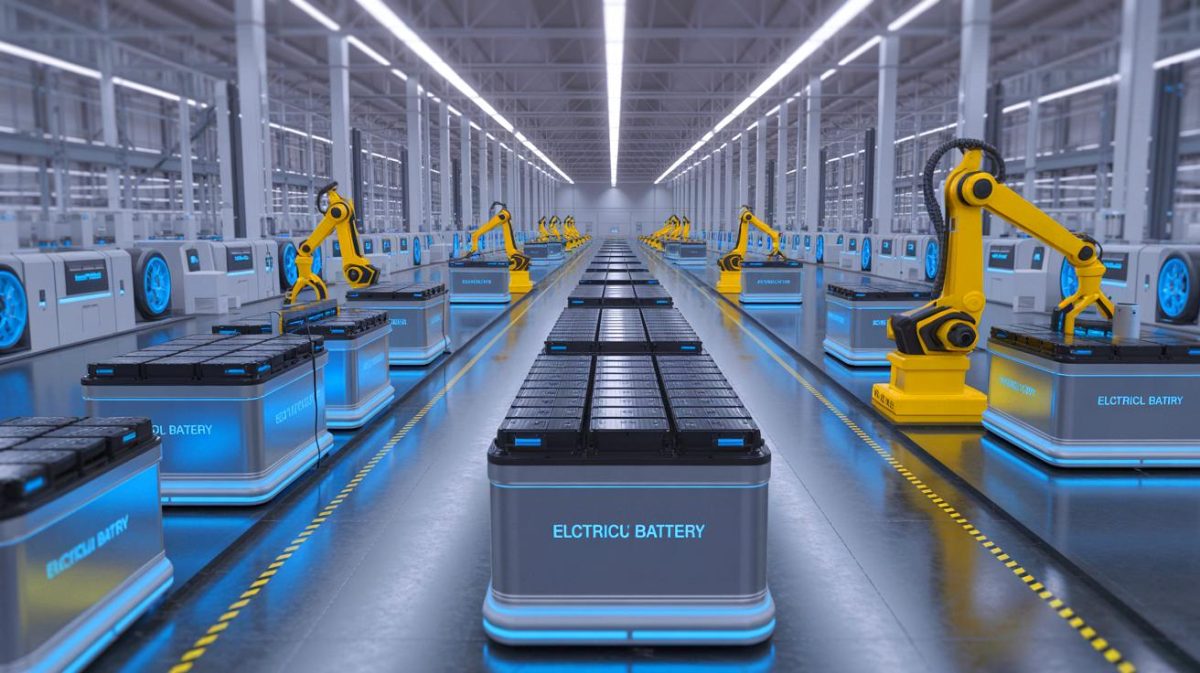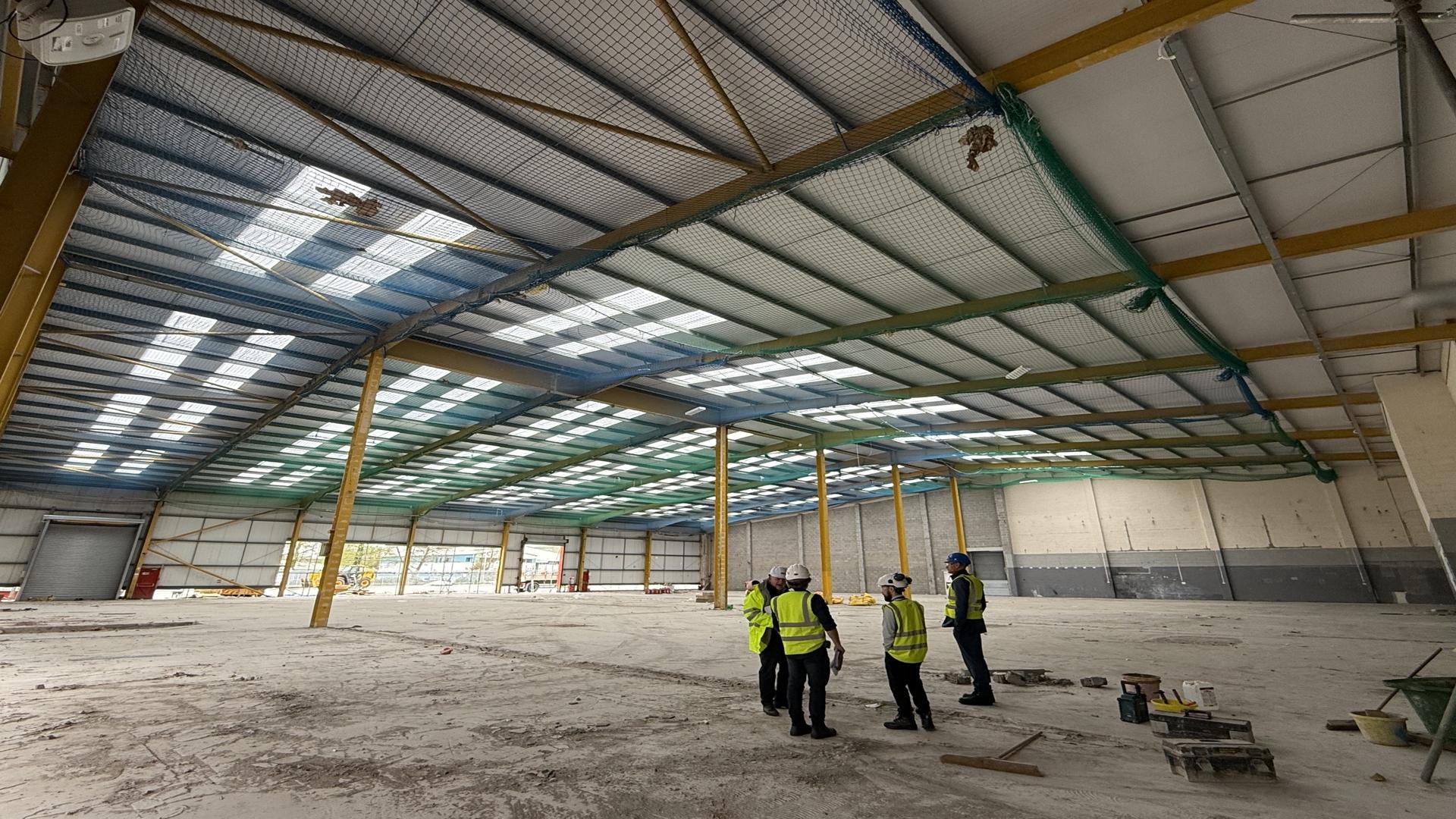| IN A NUTSHELL |
|
In the rapidly evolving world of electric vehicles, the demand for sustainable and efficient battery solutions is paramount. A UK-based tech company, Altilium, has made significant strides in this area by producing EV battery cells using 95 percent recycled materials. This groundbreaking achievement promises to revolutionize the battery manufacturing industry by offering an environmentally friendly alternative without compromising on performance. With their innovative EcoCathode process, Altilium has demonstrated the viability of using recycled metals, paving the way for a more sustainable future in battery production.
Unveiling the Breakthrough in Recycled Battery Cells
Altilium’s recent announcement has sent ripples through the battery manufacturing industry. The company revealed that their recycled EV battery cells perform on par with those made from newly mined materials. This was achieved through the production of pouch cells using the company’s proprietary EcoCathode NMC 811-2036 cathode active material under industrial conditions. The firm’s electrochemical testing showed less than a one percent variation in performance metrics compared to conventional cells, highlighting the potential of recycled materials.
The success of this endeavor is a testament to the rigorous testing and development carried out at the UK Battery Industrialisation Centre (UKBIC). The recycled cells demonstrated equivalent energy density, first cycle loss, impedance, and early cycling behavior—key indicators of long-term performance and safety. This underscores the potential of recycled materials in maintaining performance consistency, a crucial factor for widespread adoption in the EV sector.
Advancing Sustainable Resource Management
The ability to recover more than 95 percent of critical battery metals such as lithium, nickel, and cobalt marks a significant technological achievement. Altilium’s breakthrough represents an essential step toward sustainable resource management within the EV supply chain. By replacing newly mined metals with high-purity recycled materials, the environmental and economic costs of battery production can be dramatically reduced. This approach not only conserves valuable resources but also aligns with global sustainability goals.
The recycled cathode active material has proven to be fully compatible with existing industrial cell manufacturing processes. Trials at UKBIC have confirmed that the recycled material seamlessly integrates into production steps such as slurry mixing, electrode coating, cell assembly, and formation. This compatibility ensures that manufacturers can adopt recycled materials without the need for significant adjustments, further supporting the scalability of this innovative approach.
Implications for a Greener Future
Altilium’s achievements hold significant implications for the future of battery manufacturing. According to Christian Marston, Altilium’s co-founder and COO, this development marks a turning point for battery circularity in the UK. The successful trials not only demonstrate commercial viability but also highlight the critical role recycled materials can play in establishing a low-carbon, homegrown battery supply chain.
The project has garnered widespread attention, with Richard LeCain, UKBIC’s Chief Technology Officer, expressing enthusiasm over the initial test results. The collaboration between Altilium and UKBIC signals a commitment to reducing dependence on imported materials and fostering a new market for recycled batteries. As EV manufacturers strive to meet upcoming environmental regulations and sustainability targets, the integration of recycled materials will become increasingly important.
Pioneering Compliance with Future Regulations
Altilium’s cells are the first in the UK to comply with upcoming EU regulations requiring minimum levels of recycled lithium, nickel, and cobalt in new EV batteries by 2031. These regulations are expected to become more stringent, necessitating innovative solutions like Altilium’s to meet compliance. The company’s launch of the ACT 2 recycling facility in Plymouth, and construction of the ACT 3 scale-up plant, underscore their commitment to advancing battery innovation and sustainability.
As the industry moves toward a more sustainable future, Altilium’s pioneering efforts set a new standard for battery manufacturing. Their work exemplifies how technological advancements and environmental responsibility can coexist, driving progress in the EV sector. With continued collaboration and innovation, the potential for recycled materials to reshape the industry is immense.
Altilium’s achievements in recycled battery manufacturing raise important questions about the future of the industry. As we continue to seek sustainable solutions, how will other companies adapt to these evolving standards, and what further innovations lie on the horizon?
Did you like it? 4.5/5 (25)










Wow, 95% recovery rate! Is this the future of recycling or just another hype? 🤔